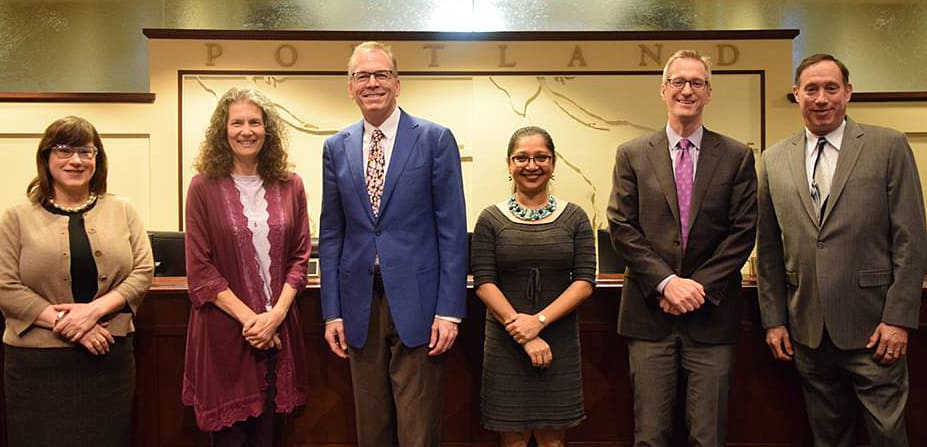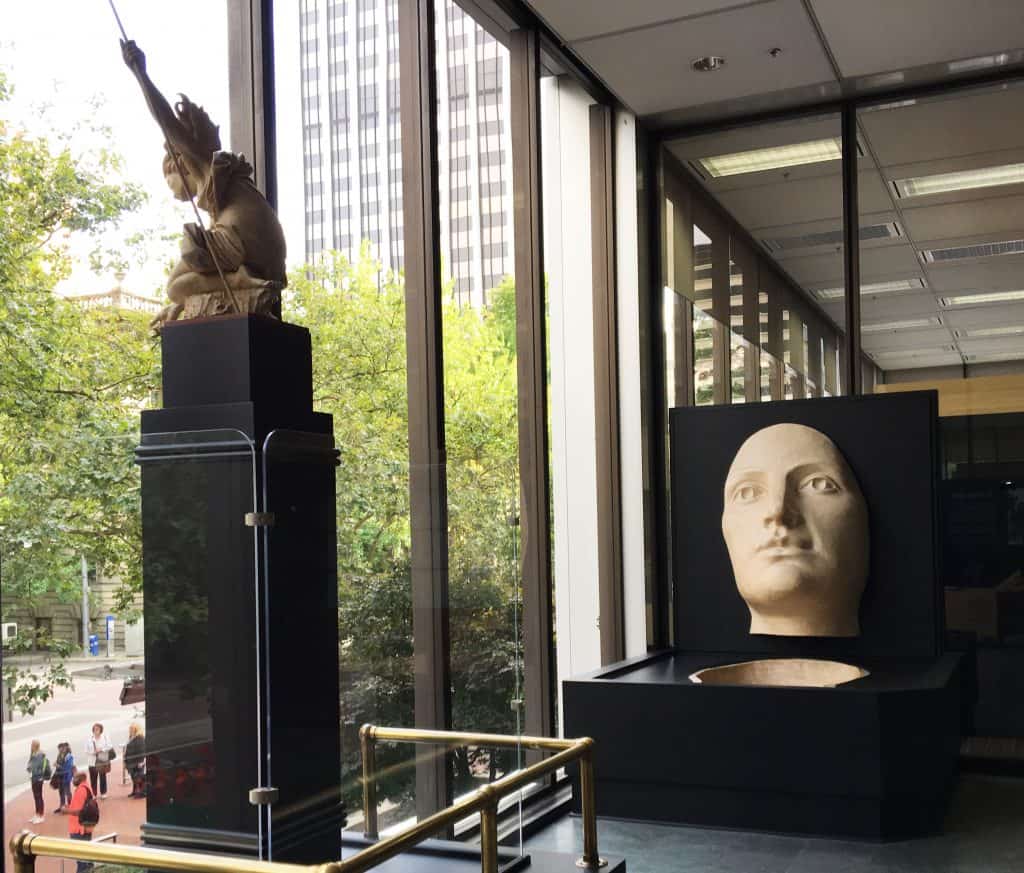Your privacy is very important to us. Accordingly, RACC has developed this policy in order for you to understand how we collect, use, communicate and disclose and make use of personal information. The following outlines our privacy policy for www.racc.org, www.therightbraininitiative.org, www.workforart.org and www.portlandartspark.com.
.
LINKS TO OTHER SITES – A DISCLAIMER
RACC websites have links to other websites as a convenience to our constituents. These include links to websites operated by other nonprofit organizations, government agencies and for-profit businesses. When you use one of these links, you are no longer on a RACC website and this Privacy Policy will not apply. When you link to another website, you are subject to the privacy policy of that new site.
When you follow a link to another site, neither RACC, nor any officer or employee of RACC warrants the accuracy, reliability or timeliness of any information published by these external sites, nor endorses any content, viewpoints, products, or services linked from these systems, and cannot be held liable for any losses caused by reliance on the accuracy, reliability or timeliness of their information. Portions of such information may be incorrect or not current. Any person or entity that relies on any information obtained from these systems does so at their own risk.
INFORMATION COLLECTED WHEN YOU BROWSE RACC WEBSITES
If you do nothing during your visit to a RACC website but browse or download information, we automatically collect and store the standard data collected by all web server software. That information is as follows:
- The Internet Protocol (IP) address used. The IP address is a numerical identifier assigned either to your Internet service provider or directly to your computer. We use the Internet IP to respond to your browser request. Example: 122.125.36.42;
- The domain name (DNS) assigned on the Internet to your IP Address (if there is one). Example: somename.com;
- The type of browser and operating system you used.
- The date and time you visited this site;
- The web pages or services you accessed at this site; and
- The website you visited prior to coming to this website. (Note: this is included so that summary analysis can be done on how visitors get to our site, i.e., from a search engine, from a link on another site, etc.)
We do not track individual user navigation choices. We do, however, summarize the information listed above to determine:
- What organizations are our most frequent users, to better target our content for the audience.
- What browsers are being used on our site to determine what techniques we can use to develop pages that will work with different browsers.
- How often our pages are being used.
- By the traffic from organization names such things as the search engines that are good at directing people to the site.
For site security purposes and to ensure that this service remains available to all users, this site may monitor network traffic to identify unauthorized attempts to upload or change information, or otherwise cause damage. If security monitoring reveals evidence of possible abuse or criminal activity, system personnel may provide the results of such monitoring to appropriate officials. Except for authorized law enforcement investigations, no attempts are made to identify individual users or their usage habits. Unauthorized attempts to upload information or change information on this service are strictly prohibited and may be punishable under the state law and federal statutes including the Computer Fraud and Abuse Act of 1986 and the National Information Infrastructure Protection Act of 1996.
E-MAIL AND FORMS
If you send us an electronic mail message with a question or comment that contains personal information, or fill out a form that e-mails us this information, we will only use the information needed to respond to your request. We will not share your information with any other party unless clearly indicated on the form, or when you specifically approve the sharing of this information.
SECURE TRANSMISSION
For secured-data transmission, this site uses the industry standard encryption software, Secure Socket Layer (SSL). The URL in your browser will change to “HTTPS” instead of “HTTP” when this security feature is invoked. Your browser may also display a lock or key symbol on its task bar to indicate invoked secure transmission. If these indicators are not present, any information is susceptible to interception by other parties. Most Internet e-mail communication will not be secure. If you are communicating sensitive information, you may wish to consider sending it by postal mail.
REFUND POLICY
Requests for refunds (ticketed events, donations and otherwise) must explain the reason for the request in writing and be signed by the individual requesting the refund. They will be reviewed on a case by case basis. RACC cannot guarantee any refunds. In the event that your request is honored, please allow 4 to 6 weeks to receive your refund.
ASKING QUESTIONS ABOUT THIS POLICY
If you have any questions about this policy, please contact info@racc.org.


